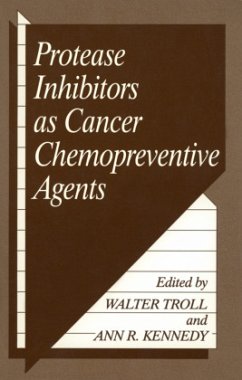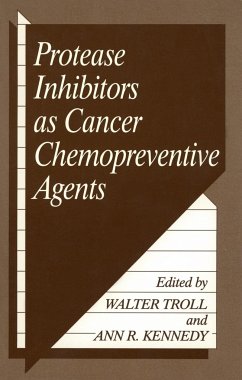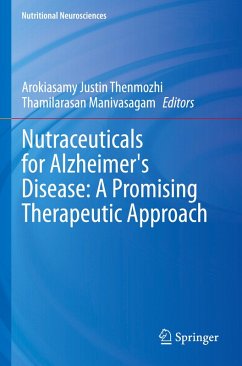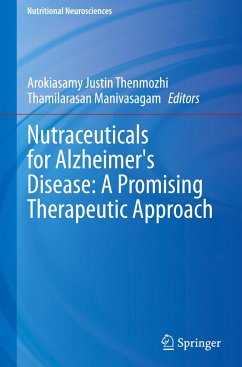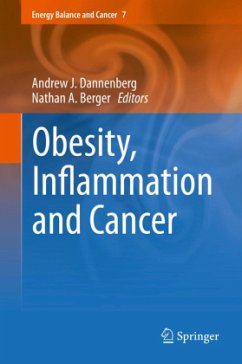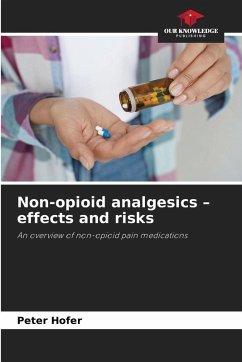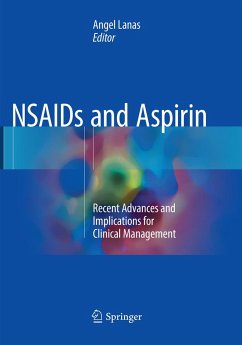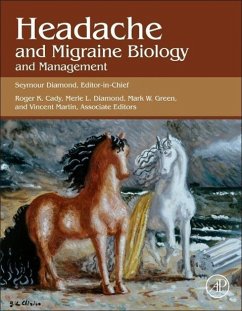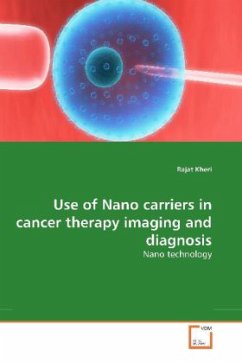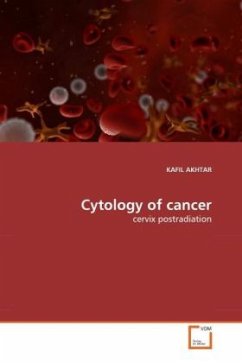
NSAIDs as promising cancer chemopreventive agents
ROLE OF CERTAIN NON STEROIDAL ANTI-INFLAMMATORY DRUGS IN THE CHEMOPREVENTION OF 1,2-DIMETHYL HYDRAZINE INDUCED COLON CANCER IN RAT MODEL
Versandkostenfrei!
Versandfertig in 6-10 Tagen
52,99 €
inkl. MwSt.

PAYBACK Punkte
26 °P sammeln!
The present work was envisaged to study the interplaying role of NSAIDs and colonic plasma membrane dynamics in combating the carcinogen (1,2- dimethylhydrazine) induced colon carcinogenesis in a rat model. In this work we report that nonsteroidal anti-inflammatory drugs (NSAIDs) modulates the membrane lipid composition and biophysical parameters (such as membrane fluidity, membrane phase state and membrane polarity) of the colonic membranes which are found to be associated with the anti-proliferative actions during the DMH induced colon carcinogenesis in rat model. NSAIDs mediated apoptosis i...
The present work was envisaged to study the interplaying role of NSAIDs and colonic plasma membrane dynamics in combating the carcinogen (1,2- dimethylhydrazine) induced colon carcinogenesis in a rat model. In this work we report that nonsteroidal anti-inflammatory drugs (NSAIDs) modulates the membrane lipid composition and biophysical parameters (such as membrane fluidity, membrane phase state and membrane polarity) of the colonic membranes which are found to be associated with the anti-proliferative actions during the DMH induced colon carcinogenesis in rat model. NSAIDs mediated apoptosis involves alteration in the sodium-proton exchange activity at a membrane level which is a crucial step for further initiating the various cytoplasmic events favorable for achieving the arrest of cellular proliferation or apoptosis. Our resluts open new possibilities towards our understanding of the pathophysiological mechanisms involved in the chemopreventive actions of NSAIDs and can be higly relevant in providing some insight into the usefulness of NSAIDs as a potential chemopreventive agents.



